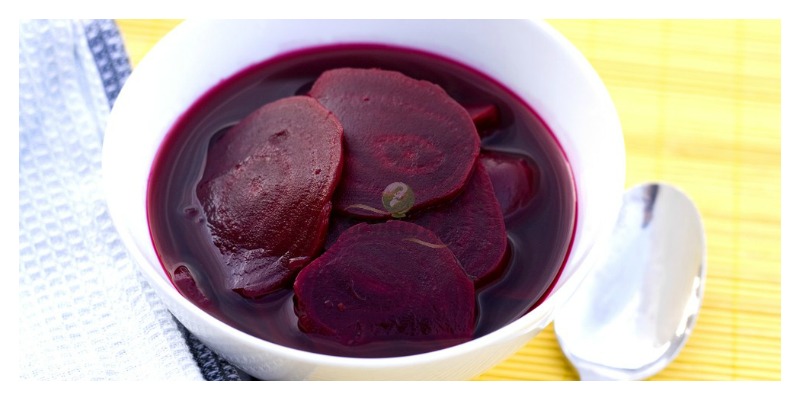I love beets. One of my favorite ways to enjoy beets is to pickle them. Pickled beets are delicious in salads or just on their own as a healthy snack. If you haven’t started adding beets to your diet, you are missing out on really important nutrients that only few vegetables, such as beets, have. Did you know that beets are often contributed to the health and longevity of Russians? What makes beets unique, is that they contain polyphenols and betalains, which are important natural antioxidants. These powerful nutrient compounds help protect against heart disease, birth defects and certain cancers (especially colon cancer). Beets are also rich in betaine, which stimulates liver cell function enabling the body to eliminate toxins properly. You can even take this already amazing vegetable and turn it into a superfood with pickling.
Health Benefits of Fermented Foods
To be clear, not all pickling is equally nutritious. In order to reap the benefits, pickling needs to be done naturally – meaning no vinegar added. Just water and salt will do the trick. This produces lacto-fermentation. Lacto-fermented foods are just regular vegetables placed in a brine of salt and water for a period of time at room temperature in order to let the beneficial bacteria develop. You can ferment any veggie and it will yield high amounts of probiotics, mostly the Lactobacilli type. This type of bacteria creates lactic acid. Lactic acid protects the fermented food from being invaded by pathogenic bacteria. The live organisms are naturally acid resistant and are able to repopulate beneficial organisms in your gut as you ingest these foods. Additionally, lacto-fermented vegetables are much more beneficial as the nutrients are “pre-digested” and more easily assimilated. In addition to creating a naturally occurring probiotic supplement, fermentation adds other nutritional benefits as well.
Sally Fallon is a huge proponent of lacto-fermentation in her book Nourishing Traditions:
“The proliferation of lactobacilli in fermented vegetables enhances their digestibility and increases vitamin levels. These beneficial organisms produce numerous helpful enzymes as well as antibiotic and anti-carcinogenic substances. Their main by-product, lactic acid, not only keeps vegetables and fruits in a state of perfect preservation but also promotes the growth of healthy flora throughout the intestine.”
Fermented foods are the most potent source of the beneficial bacteria that are capable of cleaning your body of toxins and heavy metals. Studies have demonstrated the link between probiotic rich foods and overall health (PDF).
How to Make Naturally Fermented Pickled Beets
This recipe is for one jar of pickled beets (but can easily be doubled):
- 6 medium beets
- 1/2 tsp. sea salt
- 2 cups water
- Optional Seasonings: mustard seeds, coriander seeds, fennel seeds, cinnamon stick, cloves
Directions
- Wash and dry the beets.
- Poke the beets in several places, place on a baking sheet and bake at 300 degrees for about 3 hours or until soft.
- Peel off the skin and chop into julienne type slices.
- Pack beets firmly into a very clean wide-mouth quart-sized canning jar.
- Make a brine of sea salt dissolved in water.
- Pour the brine over the beets until the liquid is 1 1/2 inches from the top of the jar. The beets need to be submerged in brine.
- Cover tightly and keep at room temperature for about 3 days before transferring to cold storage.
This content will be shown after all post

I’ve heard that cooking the vegetables, (roasting), kills the bacteria needed to ferment properly.